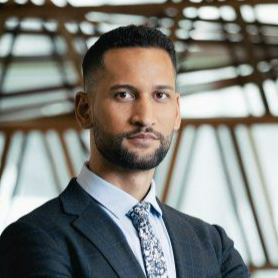Clinical psychology researchers Heemi Kapa-Kingi and Kiani Stevenson are pioneering a culturally aligned approach aimed at empowering whānau to support young people struggling with self-harm.
Kapa-Kingi (Te Aupōuri, Ngāpuhi, Waikato, Te Whānau-a-Apanui) says many families have shared their frustrations about their experiences with mainstream mental health services, which has discouraged them from seeking further support.
“A lack of cultural support and understanding has often made interactions with healthcare services more difficult for Māori, creating barriers to effective care.”
Guided by Dr Tania Cargo (Ngāti Manu, Ngāti Maru, Ngāpuhi), a senior lecturer in the Faculty of Science, the research aims to address these gaps. By focusing on the Northland region, where Māori communities face higher rates of mental health challenges, the team seeks to provide solutions that are culturally responsive and rooted in Māori knowledge systems.
Whānau-led solutions through kaupapa Māori research
A key aspect of the project is its community-based approach, which places whānau at the centre of the solution. Researchers will soon be launching wānanga in Kaitaia and Whangārei, creating a culturally safe space where whānau and rangatahi can share their experiences and insights into self-harm. These workshops will allow the team to understand what types of support whānau need to care for their rangatahi.
Kapa-Kingi highlights the importance of this collaboration, saying, “What stands out for me is how under-researched self-harm is in our communities, and how whānau often feel ill-equipped to manage these situations. This makes the development of culturally relevant resources essential.”
Stevenson says the stories shared by whānau are a critical part of the research. “It’s a privilege to share space with families who have trusted us with their experiences,” she says. “These stories are at the heart of what we’re trying to achieve.”


